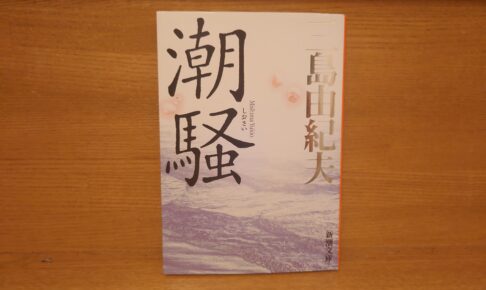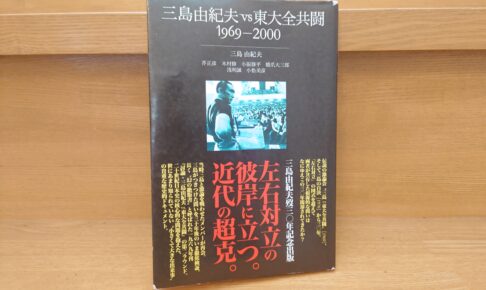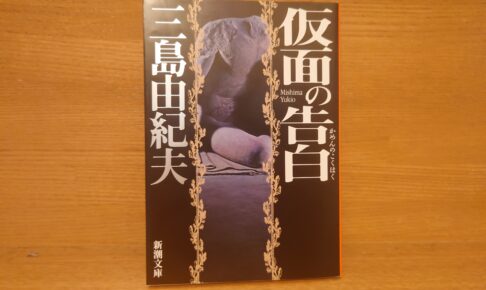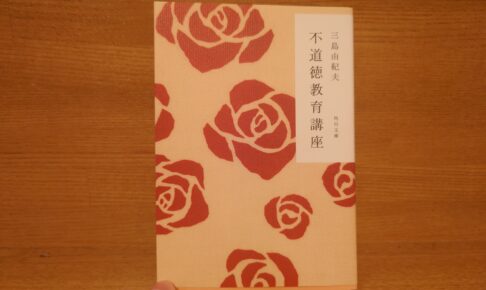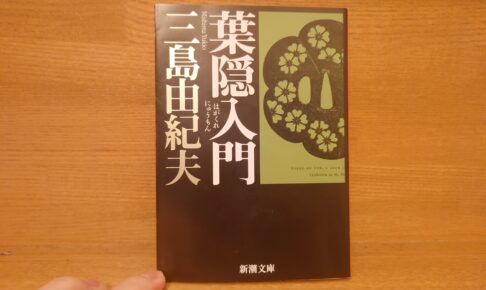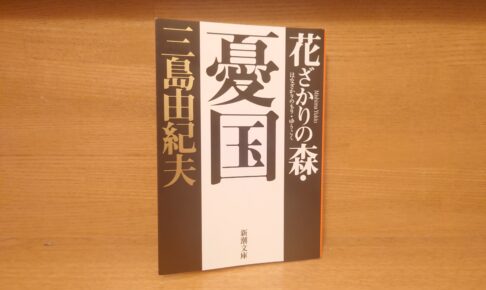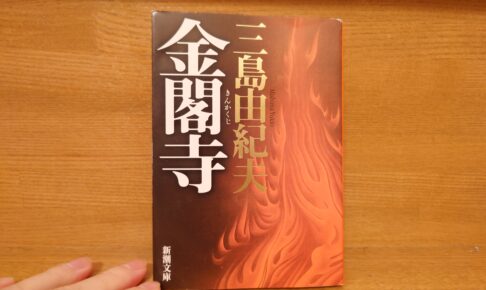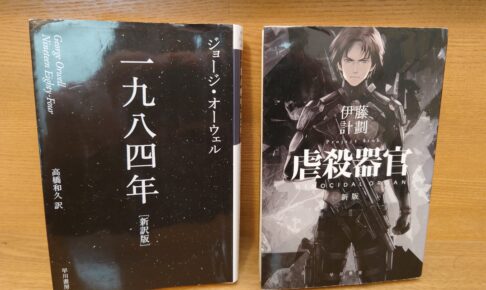Yukio Mishima's "The Tidal Wave" Synopsis and Impressions - A love story written in the motif of ancient Greece. Here's a Disneyesque tale not unlike Mishima's.
The Tidal Wave" is a novel of peace and tranquility, and is so different from Mishima's work that it is described as "exceptional for this writer, in that it is a world where crime and the smell of blood are kept out.
The setting is an isolated island called Utajima in the sea of Ise. On this beautiful island, separated from the mainland, the story is told of the pure love of two young people.
Yukio Mishima is often associated with the gruesome interior depictions of "The Temple of the Golden Pavilion" and "Confessions of a Mask" and the gushing blood of "Melancholy". However, he could also write pure, innocent, Disney-like works such as "Tidal Wave.
That Yukio Mishima wrote a Disneyesque piece."
For me, this was quite a shock.












